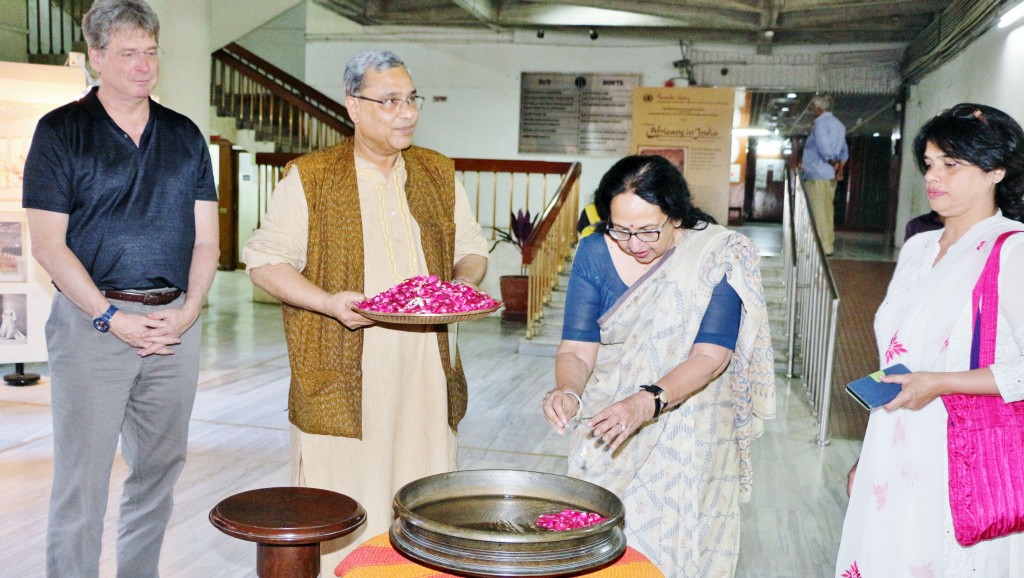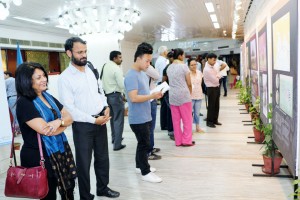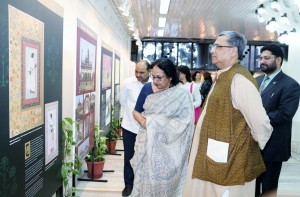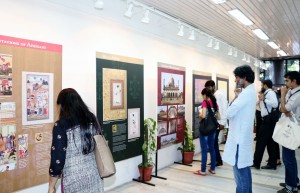New Delhi: India and Africa have a shared history in music, religion, trade, arts and architecture. Although one most commonly associates slavery and the African Diaspora with the transatlantic slave trade and the Americas, many Africans travelled to India as traders and slaves, and then settled down to play an important role in India’s vibrant history.
Some of them, like Malik Ambar in Ahmadnagar (in western India), went on to become important rulers and military strategists. Ambar was known for taking on the powerful Mughal rulers of northern India. Abyssinians, also known as Habshis in India, mostly came from the Horn of Africa to the subcontinent.
The exhibit exploring this history titled “Africans in India: From Slaves to Generals and Rulers” was inaugurated on 21 March, by Dr. Kavita Sharma, President, South Asian University. The exhibition which is on display at South Asian University, Akbar Bhavan in Chanakyapuri, New Delhi will continue until 30 March.
Dr. Sylviane A. Diouf, Director of the Lapidus Center for the Historical Analysis of Transatlantic Slavery at the Schomburg Center and one of the curators, says Africans were successful in India because of their military prowess and administrative skills. “African men were employed in very specialised jobs, as soldiers, palace guards, or bodyguards; they were able to rise through the ranks becoming generals, admirals, and administrators,” she says. The exhibit also explains that their success was also a testimony of the open-mindedness of Indian society in which they were a small religious and ethnic minority, originally of low status.
More than sixteen United Information Centres around the world will be hosting this exhibit, which is one of a series of events organized by the Department of Public Information’s Remember Slavery Programme to observe the International Day of Remembrance of the Victims of Slavery and the Transatlantic Slave Trade which is commemorated every year on 25 March. The theme for this year’s observance is “Remember Slavery: Celebrating the Heritage and Culture of the African Diaspora and its Roots.”
The United Nations Remember Slavery Programme was established by the General Assembly in 2007 to honour the memory of the victims of slavery and the transatlantic slave trade. It aims to provide an understanding of the causes, consequences and lessons of the slave trade as well as raise awareness of the dangers of racism and prejudice today.



